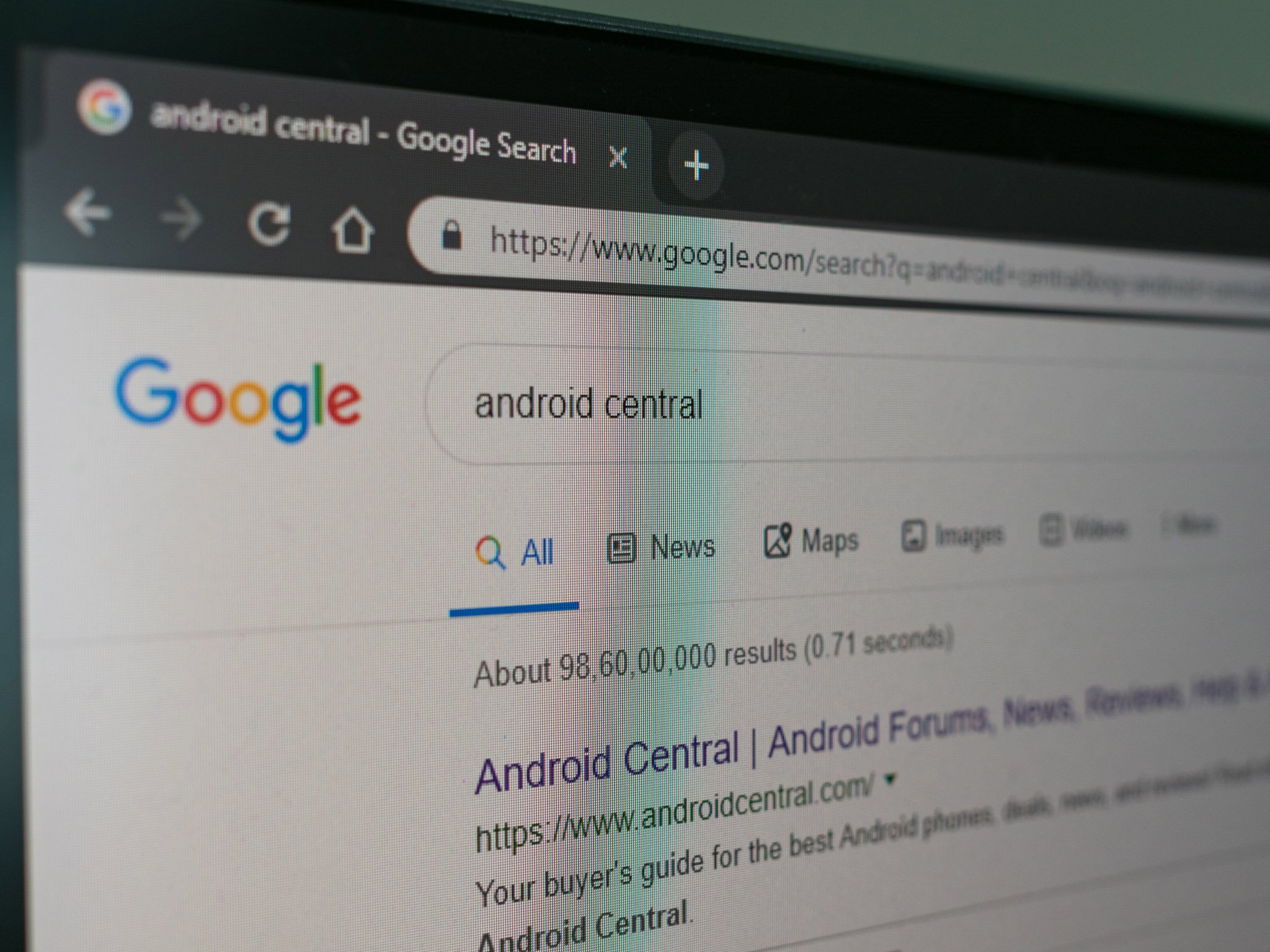Google Search will no longer auto-complete certain election queries

What you need to know
- Google is making some changes to autocomplete with Search.
- It will no longer fill in results for some election-related queries.
- Results will still show up if a search is manually completed, however.
Google is making some changes to Search in the run-up to the 2020 elections. Now, it will remove search autocomplete terms that can appear when typing in certain search terms.
Google's Pandu Nayak, Vice President of Search explained why in a post this week:
[W]e will remove predictions that could be interpreted as claims for or against any candidate or political party. We will also remove predictions that could be interpreted as a claim about participation in the election—like statements about voting methods, requirements, or the status of voting locations—or the integrity or legitimacy of electoral processes, such as the security of the election.What this means in practice is that predictions like "you can vote by phone" as well as "you can't vote by phone," or a prediction that says "donate to" any party or candidate, should not appear in Autocomplete. Whether or not a prediction appears, you can still search for whatever you'd like and find results.
Google Search's autocomplete, a feature that's useful more often than not, can also be gamed into indirectly spreading falsehoods by surfacing artificially boosted search terms — especially when it comes to conspiracy theories around the electoral process.
Explaining some more of the rationale behind the change, David Graff, Google's senior director of global policy and standards said (via CNN):
We want to be very careful about the type of information that we highlight in the search feature given its prominence. Given the concern around elections and elections information, we want to be particularly conservative here.
Google isn't the only company trying to squash the spread of misinformation as November draws closer. Other firms like Facebook, Twitter, Microsoft, etc have been attempting to do so as well. Facebook launched electoral fact-checking labels, while Twitter banned all political ads on its platform.
Here's how big tech companies are supporting the 2020 U.S. elections
Get the latest news from Android Central, your trusted companion in the world of Android

